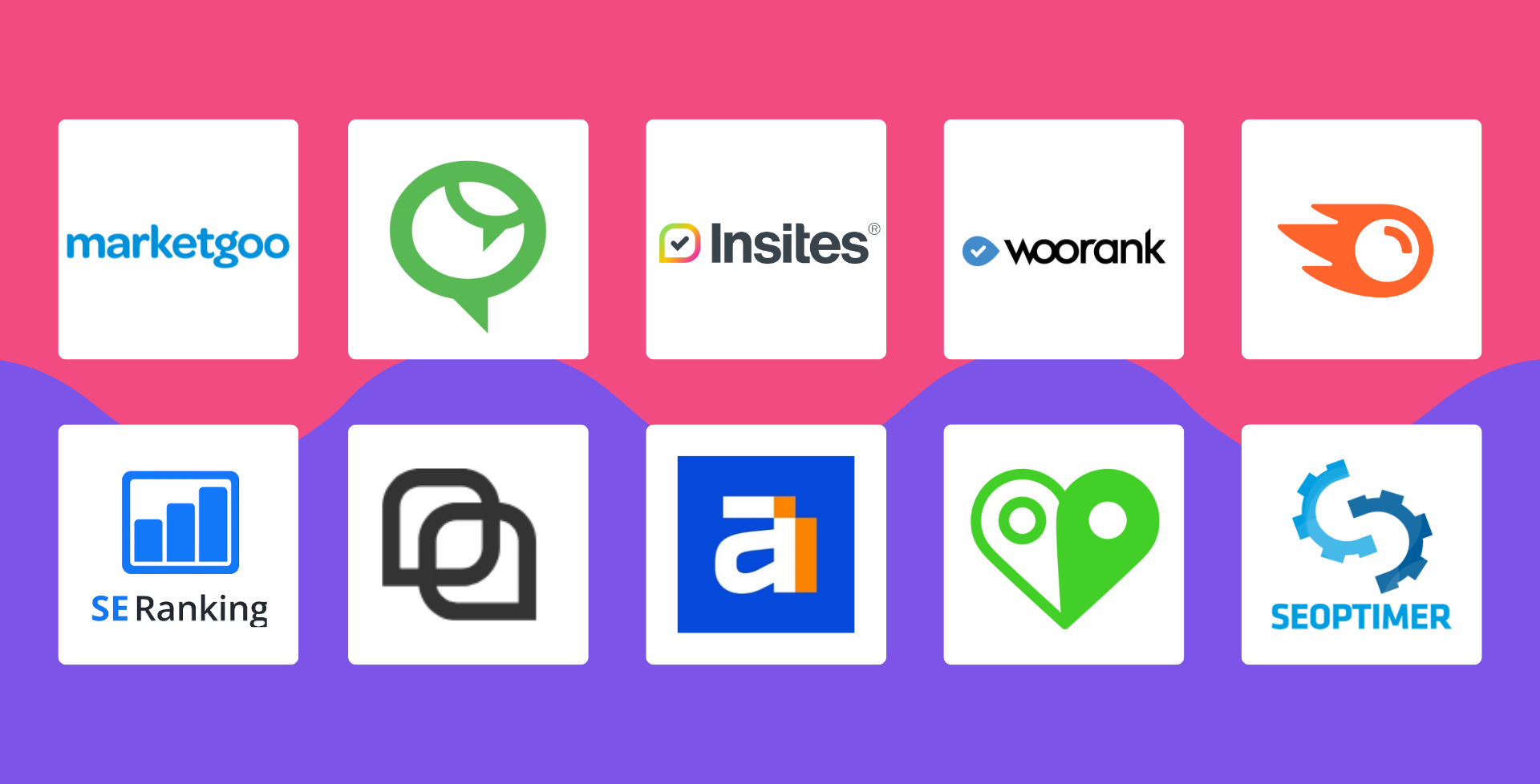Top Tips for Finding Freelance Clients
Sharlotte Briscoe • December 13, 2023
As a freelancer, your freelance clients are your literal lifeline, the backbone of your freelance business. So we’re sure I don’t need to stress the importance of having a healthy flow of clients rolling through your books… But we will anyway!
If you don’t find the clients, you won’t see the money. So having a water-tight strategy for finding and attracting your freelance clients is an absolute must!
We’ve put together our top tips for creating a healthy and sustainable flow of clients and here’s what we’ll be covering:
- Building a strong online presence
- Networking and referrals
- Utilising online marketplaces and freelance platforms
- Cold pitching and direct outreach
- Collaborating with local businesses and agencies
- Leveraging content marketing and guest blogging
- Consistently improving and expanding your skills
Building a strong online presence
First and foremost – If you want to convince freelance clients that you can help them with their online presence you need to strengthen your own and lead by example.
Create a website
Create yourself a website or portfolio. Making sure it looks slick and high-end to create a professional feel around your brand.
Optimise your website
Work towards optimising your website for search engines, so you and your services can be found easily, not only online but locally too!
Display your best work and testimonials
Try showing off your previous work and client testimonials as well. Clients and prospects will always want to see accounts of other people or businesses like them that your products or services have helped. So highlight them on your website and shout about them.
Almost everyone looks for reviews on a product or service before they commit to buying it, so don’t sell yourself short.
Utilise Social Media
Additionally, utilising social media platforms to promote your freelance business is always a good shout! Most of us spend an obscene amount of time on them each day. So what better way to get your services out there, than to promote them in a place where most of us spend our downtime?
Networking and referrals
We know… We can hear you groaning from the other side of the screen reading this, but I cannot stress enough how networking can be a gold mine!
Attend industry events
Attending industry events and conferences will allow you to mix and mingle with other freelancers and businesses in your industry, make connections and even find freelance clients. Don’t forget the array of free snacks available!
Making connections
Making connections with fellow freelancers could really give you and your freelance business a boost by sharing skills, experience, resources and connections. As a business owner, these things are invaluable and can assist you with the information you need to elevate your business’s growth and expansion.
Client referrals
Satisfied clients are always going to be one of the most effective channels of marketing you can get. So when your clients give you that bright shining feedback, always ask them for referrals and to spread the word about your products and/or services. Word of mouth is the best social proof you’ll ever have!
Join relevant professional organisations and online communities
There’s a lot to be said for joining relevant professional organisations or online communities too. They’re full of useful information, resources and courses to upskill yourself. You’ll also find other freelancers on the same journey sharing their experiences.
Utilising online marketplaces and freelance platforms
Advertising yourself on online marketplaces and freelance platforms can increase your exposure to clients and prospects tenfold! But it’s important to research and choose the right platforms for your niche. There are hundreds of them to choose from but let’s look at a few here:
Marketerhire
Of course, the clue is in the name of this one. But if you’re a freelance marketer then Marketerhire is a great place to start. It’s a platform that uses AI to facilitate talent-hirer matches with more than 4 stars on multiple review platforms, you’re sure to be in good hands.
Upwork
Upwork is a platform for freelancers across the board. Whether you’re a freelance developer, designer, marketer, salesperson, or admin – the list is endless! You use the site to create a profile for potential clients to look through, that displays examples of your work and they can contact you – or – you can find jobs listed on Upwork and apply for the relevant ones. You can also package up your work for clients to buy!
An obvious one but tried and tested! With LinkedIn , you can advertise your freelance services whilst having all your skills, expertise and experience listed on your profile. LinkedIn is also ideal for building a community, which will foster long-term relationships and repeat business.
Create a profile
Once you’ve researched and decided on which platform or marketplace is best for you, then it’s time to create a profile. Make sure that it’s creative and detailed so that you can give the browser a detailed insight into you and your experience.
Bid on projects
Don’t just stop there. Be sure to utilise the platforms and bid on relevant projects to secure incoming work. Also, send personalised proposals to any ads that you come across on these sites.
Reviews and ratings
We’ve said it before, but we’ll say it again. Reviews and ratings are gold dust. So make sure that your work is high quality and consistent and your service is top notch. Under promise, over-deliver every time.
Cold pitching and direct outreach
In the freelance game, you can’t just drag your feet and rely on warm leads only – You must dive into the world of cold pitching and direct outreach as the warm leads aren’t always going to appear consistently.
These two things can be daunting, but once you’ve done it a few times you’ll get used to it and it’ll become a habit – I promise! To get started, research potential clients and understand their needs, so you can tailor your pitch to them and make the best first impression possible.
We wrote a blog post all about creating a top-tier sales pitch , which outlines the 7 steps you need to get you started.
- Create a cracking opening
- Demonstrate your expertise and credibility
- Customising the pitch to address client needs
To read the rest of the steps head to → Mastering your sales pitch
Once you’ve pitched you’ll want to make sure you follow it up promptly to, make sure that you and your communications are front of mind for the prospect. Don’t leave it too long between communications either so they don’t get snapped up by a proactive freelancer.
Leverage email marketing tools for outreach campaigns too. Get an email list together and use a platform like MailChimp to create some eye-catching campaigns to get your freelance business out there.
Collaborating with local businesses and agencies
Collaborations are always a good idea. Whether it’s music, food or business they’re always a winner. But keeping it in the freelance business context collaborating with local businesses and agencies can significantly increase the reach you have as you’ll be positioning yourself in front of the audiences of these other businesses.
Offer your freelance services on a part-time or project-based basis, to help with your exposure and
your experience. Working with other organisations will assist in expanding your skillset and you’ll get the chance to observe how different businesses operate. You’ll also be building mutually beneficial partnerships and referral networks within the industry and as we mentioned before… Connections are key!
Leveraging content marketing and guest blogging
Creating valuable and informative content on your blog or website is another brilliant way to attract your freelance clients. Create video and blog content that focuses on a ton of value, and give your prospects all the info they need with an attractive call to action at the end.
But for them to find your content, you’ll need to optimise the content with relevant keywords for search engine visibility. Make sure your content is laced with all of the search terms that your clients will be searching to increase your chances of being discovered.
Just like business collaborations blog collaborations are also where it’s at! Get your content out to a broader audience by guest blogging on industry-related websites and platforms.
Then once you’ve created these pieces of content, engage with the readers and potential clients through comments and social media, to start building relationships and make sure that your audience knows that you’re readily reachable.
Consistently improving and expanding your skills
‘ There is no more profitable investment than investing in yourself.’ ― Roy T. Bennett, The Light in the Heart
You are the backbone of your freelancing business, so investing in your learning and development is just as valuable as investing back into your business. Invest in professional development and learning opportunities relevant to your industry to help evolve your products and services, along with staying updated with all of the industry trends.
Be aware of ever-evolving client demands, to stay ahead of the curve and ensure that your services can meet them.
Always show off your new skills and certifications on your profiles and websites, to keep people informed of the fact that you care about the level of knowledge you’re able to provide. A freelancer that shows that they’re expanding their skillset, will be more likely to gain the trust of clients or prospects.
Among all of the above, at the heart of your business aims should be to provide exceptional service and exceed client expectations. As well as improving your skills, improving your service will take your freelancing business a long way!
Conclusion
There’s a lot of information to take in above but there is no one point that is more important than the other. All of it is crucial to the success of finding clients for your freelancing business. to recap:
- Building a strong online presence
- Networking and referrals
- Utilising online marketplaces and freelance platforms
- Cold pitching and direct outreach
- Collaborating with local businesses and agencies
- Leveraging content marketing and guest blogging
- Consistently improving and expanding your skills
Of course, the points above aren’t one-size-fits-all, so you can adapt them to your business as needed. But they’re great strategies to implement in your freelance business that if used consistently will push your business towards expansion, growth and ultimately success!
Happy freelancing!
 The Insites Team
The Insites Team


























